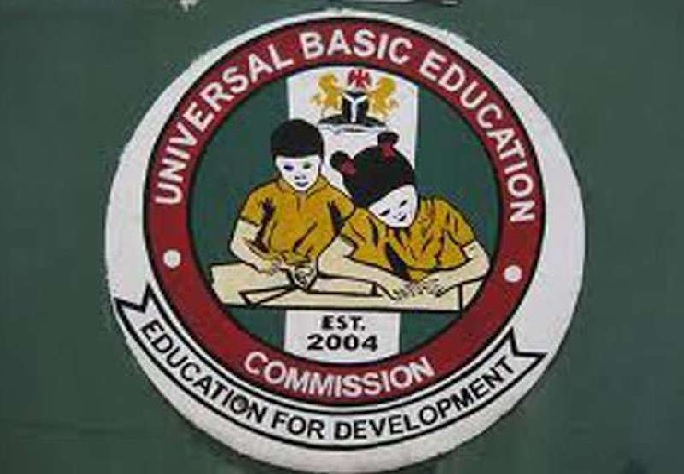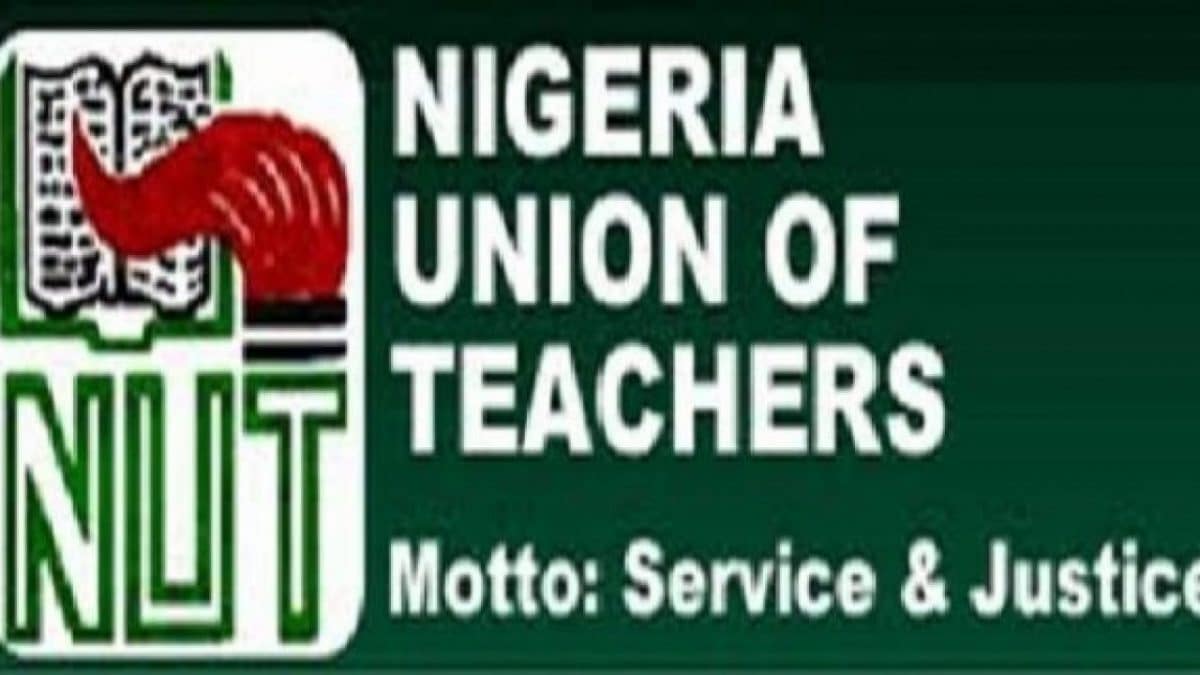Education
2020: Education Records Some Achievements in Virtual Learning, says Educationists

The Nigerian education system has recorded some achievements in virtual learning through the use of technology in spite of COVID-19 pandemic challenges witnessed in the sector.
They spoke on how the sector has fared since the advent of COVID -19 pandemic.
Prof. Adams Onuka, an education evaluation expert, University of Ibadan, said though the sector suffered some setbacks in the year under review, but the year also brought some happy developments.
He said,’’we have seen stakeholders in the sector embracing the “new normal’’ way of learning delivery as learning facilitators.
“They have started bracing up to practise the new normal way of learning delivery, virtual platform.
“We are hoping that the government will provide an enabling environment for continuing utilisation of virtual platforms in addition to face to face mode of learning delivery.”
While speaking on some of the challenges the sector faced in 2020, he said the sector in particular has had some setbacks due mainly to the lockdown that kept pupils and students away from physical interaction.
He noted that the sector was greatly affected due to the ill preparedness of the Nigerian state for mitigation measures to cope with the new normal way of virtual learning delivery that came with the pandemic.
“This is more pronounced in the public sector education. The poor state of infrastructure in our public education institutions coupled with inadequate power supply, contributed to aggravating the situation.
“The Public Higher Education sub-sector has been worse for it, especially the university system which was struck by the Academic Staff Union of Nigerian Universities (ASUU), strike for nine months now.
“This is due to poor facility, poor motivation arising from unfulfilled agreements among other challenges facing the education sector in Nigeria,” Onuka said.
Also, Prof. Oyesoji Aremu, Chairman, Education Management Board of the Nigerian Baptist Convention said assessing the effects of COVID-19 on the education sector shows among other things that quality of delivery of instructions was affected.
He said this was because of either poor knowledge of online facilitation or lack of basic architecture of virtual learning.
“Similarly, school academic calendar was abridged to accommodate the period lost to COVID-19. These and others must have surely affected the sector in a big way.
“Also, many students wrote examinations amidst anxieties of COVID-19 infections. This could also affect academic performance and resilience of the affected students,” Aremu said.
He noted that as the year 2021 approaches, many of the challenges that confronted the sector are still not abated or addressed and this calls for intervention from the government to mitigate them.
“For instance, the resurgence of COVID-19 is worrisome given the fact that it may impact on the system again.
“Also, the sector is not immune from the challenge of insecurity especially in the North where terrorists and bandits are making teaching and learning difficult.
“As much as possible, this should be addressed with a view to making our schools safe.
“It will not be too bad an idea if there could be a concerted and collaborative effort to ensure school vigilance with the assistance of trusted locals who can provide intelligence,” he said.
Aremu further said that the lingering disagreement between the Federal Government and ASUU should finally be resolved as its continuation could negatively impact on the quality of higher education in Nigeria. (NAN)
Education
UNICAL VC Promises to Resolve Dentistry Students’ Crisis

From Ene Asuquo, Calabar
The Vice Chancellor of the University of Calabar, Prof. Florence Obi has promised that she would do everything humanly possible to ensure that the ongoing crisis in the institution’s Department of Dentistry, is resolved.
Prof.
Obi made the promise in Calabar during a press briefing, stressing that she will resolve the crisis before leaving office.She explained that the problem predates her administration, and pledged to intensify efforts to rectify the crisis.
She added that the crisis was as a result of the Medical and Dental Council of Nigeria (MDCN)’s refusal to induct 2016 Dentistry students of the institution.She also debunked claims circulating on social media that the institution’s Dentistry programme has lost its accreditation, describing the reports as “misinformation and distortion of facts,” clarifying that the programme remains fully accredited and no students have been directed to transfer to other universities.
“At no point did the University ask Dentistry students to seek transfers to other institutions, nor were they advised to ‘go and learn a trade’ as falsely alleged online,” the VC stated.
“I will feel very bad if I leave without solving this problem and the students are left hanging without knowing their fate. I won’t be fulfilled,” she said.
She reaffirmed the University’s commitment to ensuring all Dentistry students graduate and are duly licensed as dental surgeons.
She noted that the Dentistry programme commenced in the 2013/2014 academic session, and in November 2019, the University secured pre-clinical accreditation from the MDCN and full clinical accreditation was subsequently granted in December 2022.
The VC added that the university’s synergy and partnership with the Minister of Education and the Tertiary Education Trust Fund (TETFund) to upgrade its facilities.
“All we asked for is time to engage with other institutions, update the Medical and Dental Council of Nigeria (MDCN), and follow through on due processes,” she noted.
Speaking further, Obi said that some of the affected students demanded to be transferred to the Department of Medicine and Surgery but said it was not the solution as the department was already saturated.
She urged the affected students to remain calm, noting that the university was doing everything possible to resolve the issues before the end of her tenure.
Education
NUT Reaffirms Commitment to Teachers’ Professional Development in Kwara

From Abdullahi Abubakar, Ilorin
The Nigeria Union of Teachers (NUT), Kwara State Wing has restated its commitment to strengthening the professional growth of teachers across the State, to enhance the quality of education delivered in public schools. Speaking at the opening of a three-day capacity-building workshop in Ilorin, the State Chairman of the Union, Comrade Yusuf Wahab Agboola, noted that continuous training of teachers remains a vital component of educational reform and improved classroom delivery.
The training, organised in collaboration with the NUT National Secretariat, is targeted at selected teachers and focuses on the “Study Circle Conveners’ Model”—a grassroots strategy for enhancing peer-to-peer learning and participatory leadership within the education sector.
Comrade Agboola explained that the workshop aims to equip teachers with practical skills in collaborative learning, peer engagement, and innovative teaching practices. He expressed optimism that the training would promote professional bonding among teachers and foster collective solutions to challenges facing the education sector.Also speaking at the event, the National Coordinator of the NUT Study Circle Project, Comrade Solomon Igbelowowa, traced the initiative’s roots to 1985 when it was introduced in Nigeria by the Swedish Teachers Association, having recorded success in Sweden and other parts of the world. He commended the Nigerian Union of Teachers for sustaining the project over the years and urged participants to engage fully and make the most of the training opportunity.
The workshop was officially declared open by the National President of the NUT, Audu Amba, who was represented by the 3rd National Vice President, Bashir Oyewo.
He encouraged teachers to approach the sessions with dedication and punctuality.
Education
JAMB Sets 150 Cut-off Mark for University Admissions

By Tony Obiechina Abuja
The Joint Admissions and Matriculation Board (JAMB) has fixed 150 as the minimum cut-off mark for admission into Nigerian universities for the 2025/2026 academic session.
The decision was reached on Tuesday during the 2025 Policy Meeting on Admissions, held at the Bola Ahmed Tinubu International Conference Centre in Abuja, with stakeholders from various tertiary institutions in attendance.
According to JAMB, 140 was approved as the minimum score for colleges of nursing sciences, while polytechnics, colleges of education, and colleges of agriculture will admit candidates with a minimum score of 100.
“The minimum admissible scores for admissions for the next academic session have been fixed at 150 for universities, 100 for polytechnics, 100 for colleges of education, and 140 for colleges of nursing sciences by the stakeholders (Heads of Tertiary Institutions),” JAMB announced via its official X account.


















